|
|
|
Книги Stone Norman

|
After World War II, the former allies were saddled with a devastated world economy and traumatized populace. Soviet influence spread insidiously from nation to nation, and the Atlantic powersthe Americans, the British, and a small band of allieswere caught flat-footed by the coups, collapsing armies, and civil wars that sprung from all sides. The Cold War had begun in earnest. In The Atlantic and Its Enemies, prize-winning historian Norman Stone assesses the years between World War II and the collapse of the Iron Curtain. He vividly demonstrates that for every Atlantic success there seemed to be a dozen Communist or Third World triumphs. Then, suddenly and against all odds, the Atlantic woneconomically, ideologically, and militarilywith astonishing speed and finality. An elegant and path-breaking history, The Atlantic and Its Enemies is a monument to the immense suffering and conflict of the twentieth century, and an illuminating exploration of how the Atlantic triumphed over its enemies at last. |

|
This is a pacy, compelling and penetrating account — from the great Norman Stone. The best short primer on the war in twenty years. (Andrew Roberts). Norman Stone's gripping book tells the narrative of the Second World War in as brief a compass as possible, making a sometimes familiar story utterly fresh and arresting. As with his highly acclaimed World War One: A Short History, there is a compelling sense of a terrible story unfolding, of a sceptical and humorous intelligence at work, and a wish to convey to an audience who may well have no memory of the conflict just how high the stakes were. |

|
After the unprecedented destruction of the Great War, the world longed for a lasting peace. The victors, however, valued vengeance even more than stability and demanded a massive indemnity from Germany in order to keep it from rearming. The results, as eminent historian Norman Stone describes in this authoritative history, were disastrous. In World War Two, Stone provides a remarkably concise account of the deadliest war of human history, showing how the conflict roared to life from the ashes of World War One. Adolf Hitler rode a tide of popular desperation and resentment to power in Germany, promptly making good on his promise to return the nation to its former economic and military strength. He bullied Europe into giving him his way, and in so doing backed the victors of the Great War into a corner. Following the invasion of Poland in 1939, Britain and France declared war on Germany—a decision that, Stone argues, was utterly irrational. Yet Hitler had driven the world mad, and the rekindling of European hostilities soon grew to a conflagration that spread across the globe, fanned by political and racial ideologies more poisonous-and weaponry more destructive-than the world had ever seen. With commanding expertise, Stone leads readers through the escalation, climax, and mournful denouement of this sprawling conflict. World War Two is an invaluable contribution to our understanding of the twentieth century and its defining struggle. |
|